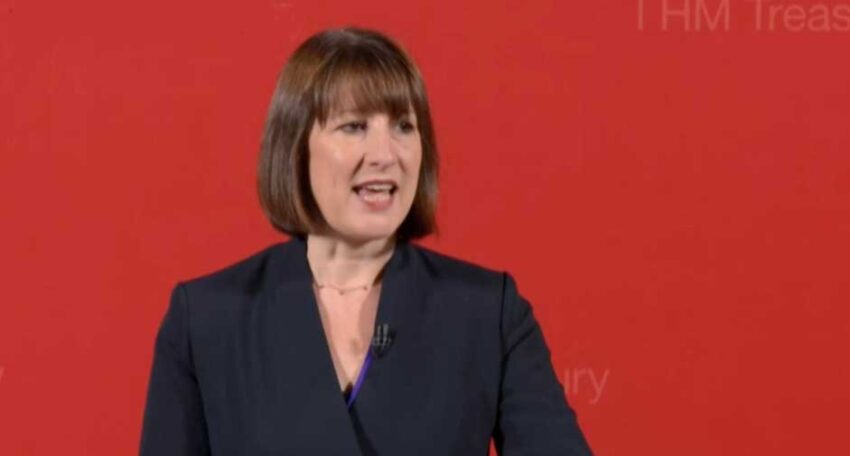The UK’s private sector economy grew more rapidly than anticipated in August, with businesses expressing concerns over potential tax increases in Chancellor Rachel Reeves’s upcoming first budget.
The S&P Global composite purchasing managers’ index (PMI) rose to 53.8 in August from 52.8 in July, surpassing analysts’ predictions of 53.4 and marking a four-month high. A reading above 50 indicates expansion.
The services sector also saw accelerated growth, with its PMI climbing to 53.7 from 52.5, while the final manufacturing PMI stood at 52.5. Analysts attributed the growth to greater political stability following the general election in July and more settled macroeconomic conditions, which boosted consumer spending. Additionally, expectations for further interest rate cuts by the Bank of England provided a lift to demand.
Inflation in prices charged by services companies, a key metric monitored by the Bank, fell to its lowest level in three and a half years, with input cost inflation hitting its weakest point since January 2021. Meanwhile, official figures from the Office for National Statistics indicated that inflation edged up slightly to 2.2% in July from 2% in June.
Tim Moore, economics director at S&P Global Market Intelligence, commented: “August data highlighted a recovery in UK service-sector performance as improving economic conditions and domestic political stability helped to bolster customer demand.”
Recent GDP data revealed that the UK economy grew at the fastest rate among the G7 group of industrialised nations during the first half of this year. The PMI survey gathers insights from companies across the services sector, encompassing industries such as hospitality, entertainment, finance, insurance, property, and business services.
Rob Wood, chief UK economist at Pantheon Macroeconomics, noted that the PMI figures suggest the Bank of England “can keep lowering interest rates,” though he advised caution on the pace of easing. Similarly, Thomas Pugh, economist at RSM UK, indicated that while the Bank may be cautious of growing demand for labour, the steady performance of the economy reduces the urgency for another rate cut in September.
According to S&P Global, services companies cited “strong wage pressures” and rising shipping rates as primary drivers of increased costs. The Bank of England cut interest rates for the first time in over four years on August 1, reducing them by 25 basis points to 5%, and is expected to make further cuts later this year.
Services firms responded to stronger sales by increasing staffing levels in August, marking the eighth consecutive month of expansion. However, exports remained subdued, with researchers pointing to ongoing “Brexit-related trade difficulties” affecting sales to EU clients.
Despite the uptick in economic activity, pressure on household disposable incomes continued to suppress demand. Many consumers are choosing to save rather than spend in response to high interest rates.
Although output growth accelerated in August, business expectations for future trading conditions were more cautious, with analysts attributing this to concerns over potential tax rises or spending cuts in the upcoming Labour budget. Moore observed, “The modest post-election bounce in business activity expectations faded, however, in August. Hopes of interest rate cuts and steady improvements in broader economic conditions helped to support confidence, but some firms cited concerns about policy uncertainty in the run-up to the autumn budget.”
Chancellor Reeves has signalled the need for “tough decisions” on tax, spending, and benefits in her fiscal statement set for October 30, as she addresses a £22 billion deficit. Speculation is rife that Reeves may seek to increase revenue by adjusting the capital gains and inheritance tax regimes. Economists have raised concerns over her decision to scale back investment projects in July and maintain austerity in some government department budgets.
Plans inherited from former Chancellor Jeremy Hunt include £20 billion in real-term budget cuts for unprotected government departments, adding further pressure on public spending as the Labour government seeks to navigate the complex economic landscape.


